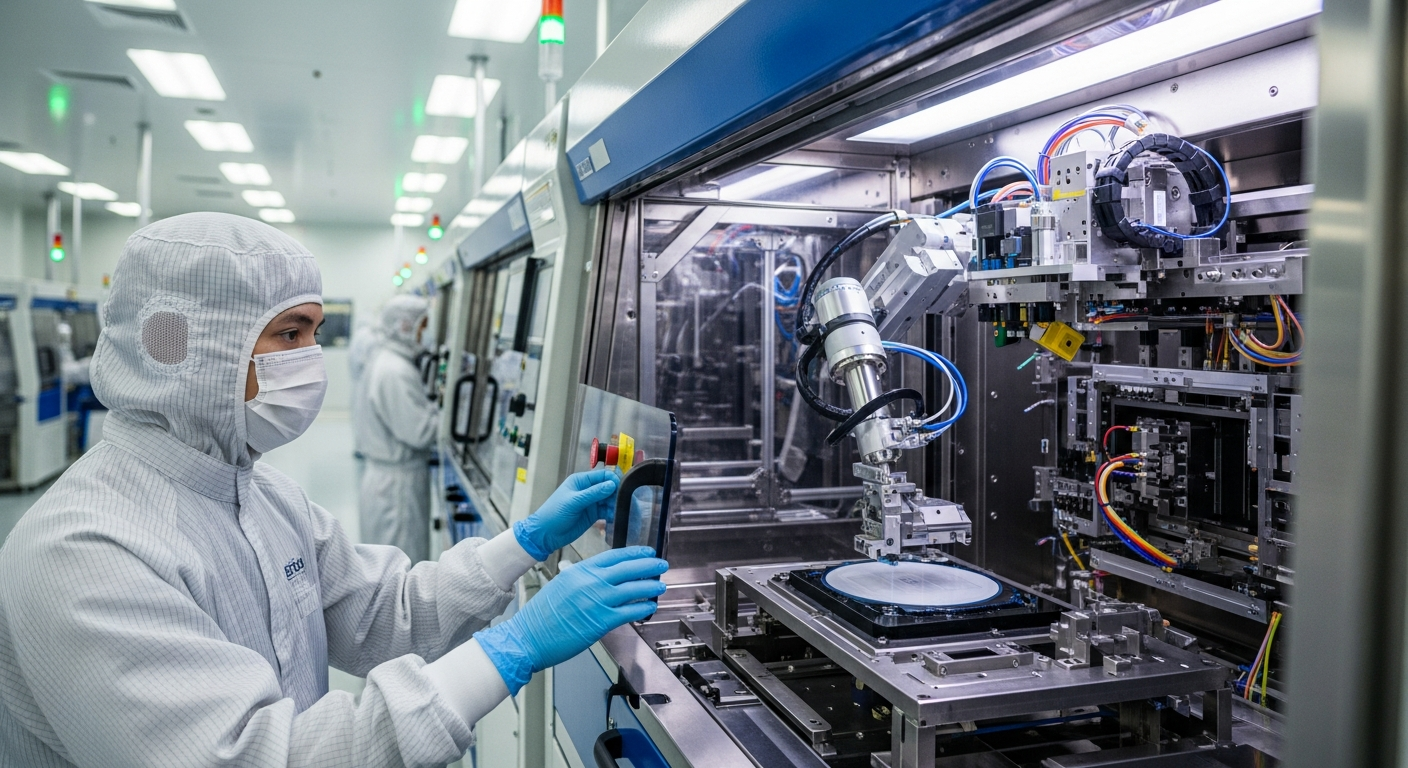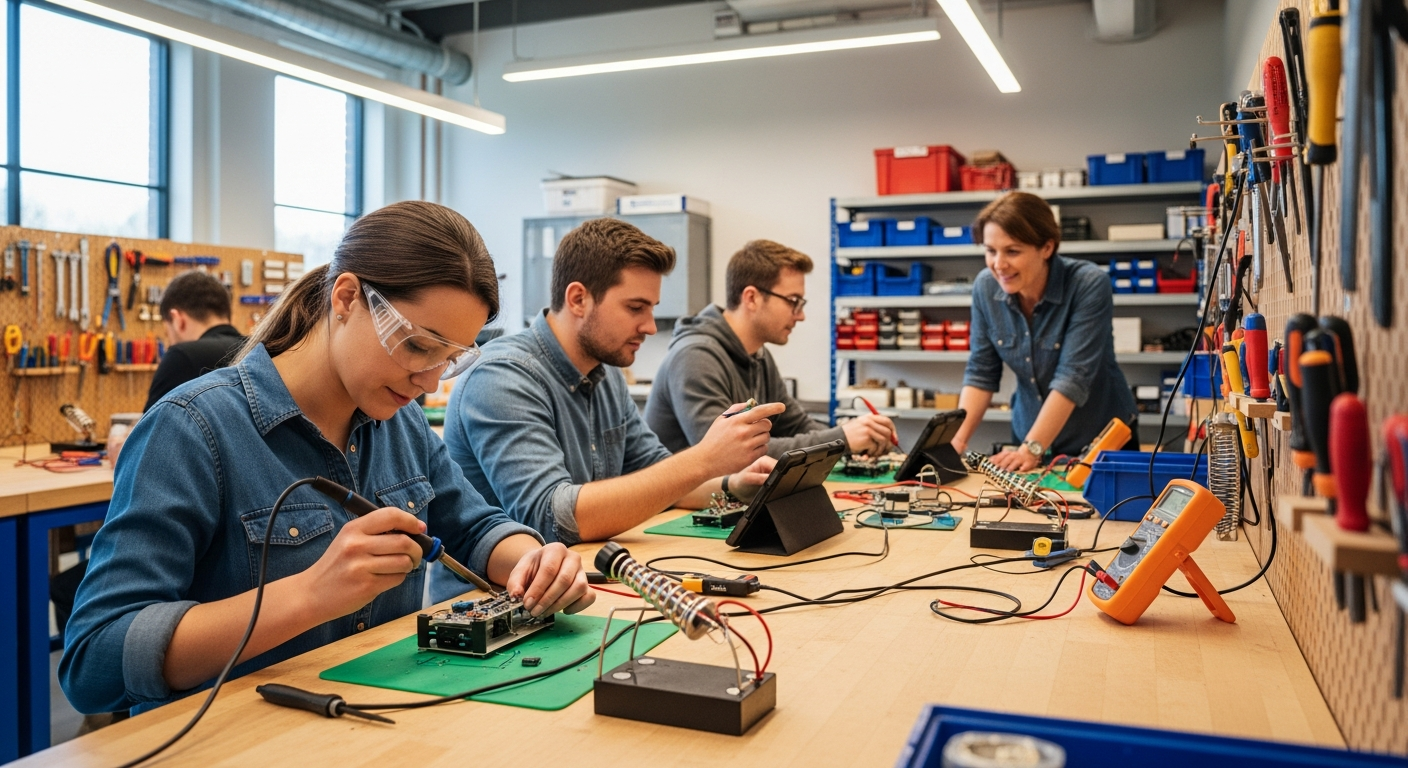Neurodiversity in the Workplace: Reshaping Corporate Culture
The concept of neurodiversity is transforming how businesses approach talent acquisition and workplace dynamics. This progressive movement recognizes and celebrates neurological differences, viewing conditions like autism, ADHD, and dyslexia as natural variations of the human brain rather than disorders. As companies increasingly embrace neurodiversity, they're discovering untapped potential and innovative perspectives that can drive success in the modern business landscape.

As awareness grows, companies are recognizing that neurodiverse individuals often possess unique skills and perspectives that can be invaluable in problem-solving, innovation, and creativity. This shift in perception has led to a reevaluation of traditional hiring practices and workplace environments, with organizations actively seeking to create more inclusive and accommodating spaces for neurodiverse talent.
Challenges and Opportunities in Neurodiversity Hiring
While the benefits of neurodiversity in the workplace are becoming increasingly apparent, many companies still face challenges in implementing effective hiring and retention strategies. Traditional interview processes and work environments can be particularly challenging for neurodiverse individuals, often leading to talented candidates being overlooked or struggling to thrive once hired.
To address these issues, forward-thinking organizations are adopting new approaches to recruitment and onboarding. This includes modifying interview techniques to focus on practical skills assessments rather than social interactions, providing clear and structured job descriptions, and offering extended onboarding periods to allow for adjustment. Some companies have even partnered with specialized organizations to develop tailored neurodiversity programs and provide ongoing support for both employees and managers.
Adapting the Work Environment
Creating a truly inclusive workplace for neurodiverse individuals goes beyond hiring practices. It requires a holistic approach to workplace design and culture. Many organizations are now reimagining their physical spaces to accommodate different sensory needs, such as providing quiet areas, adjustable lighting, and noise-canceling headphones.
Flexible work arrangements, including remote work options and adaptable schedules, have also proven beneficial for many neurodiverse employees. These accommodations not only support neurodiverse individuals but often improve the work experience for all employees, fostering a more inclusive and productive environment overall.
The Impact on Team Dynamics and Innovation
As neurodiversity becomes more prevalent in the workplace, it’s reshaping team dynamics and driving innovation in unexpected ways. Neurodiverse teams often bring together a wider range of thinking styles and problem-solving approaches, leading to more creative solutions and improved decision-making processes.
For example, individuals with autism spectrum disorders may excel in pattern recognition and attention to detail, making them invaluable in fields like data analysis and quality assurance. Those with ADHD might bring high energy, creativity, and the ability to hyperfocus on tasks, qualities that can be particularly beneficial in fast-paced, dynamic environments.
By leveraging these diverse cognitive strengths, companies are finding they can tackle complex challenges more effectively and drive innovation across various sectors.
Cultural Shift and Leadership Perspectives
Perhaps the most significant impact of neurodiversity in the workplace is the broader cultural shift it’s inspiring. As organizations become more inclusive of neurodiversity, there’s a growing recognition of the value of diversity in all its forms. This is leading to a more nuanced understanding of talent and potential, challenging traditional notions of what makes an ideal employee.
Leadership perspectives are evolving as well, with many executives recognizing the need for a more empathetic and adaptable management style. This shift is not only benefiting neurodiverse employees but is also contributing to more supportive and understanding work environments for all staff members.
The Future of Neurodiversity in Corporate Culture
As we look to the future, it’s clear that neurodiversity will play an increasingly important role in shaping corporate culture and business success. Companies that embrace neurodiversity are likely to gain a competitive edge, not only in terms of innovation and problem-solving but also in their ability to attract and retain top talent from a broader pool of candidates.
Moreover, the principles of neurodiversity inclusion are encouraging a more holistic approach to employee well-being and performance. This shift towards recognizing and supporting individual differences is paving the way for more personalized and effective talent management strategies across the board.
In conclusion, the integration of neurodiversity into corporate culture represents a significant step towards creating more inclusive, innovative, and successful businesses. As this movement continues to gain momentum, it promises to reshape not only how we work but how we understand and value human potential in all its diverse forms.






